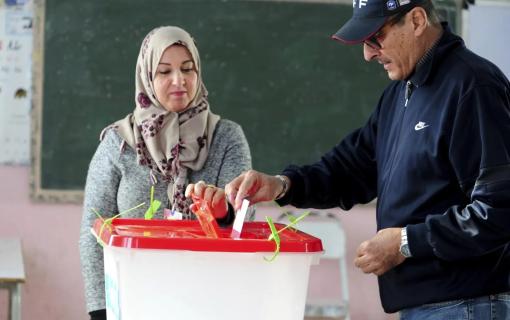Elections in Tunisia: Key Challenges for Credible and Competitive Elections
Tunisia’s ongoing and rapid political change is likely to culminate in coming days on an agreement on the timeframe for presidential and parliamentary elections.
Assuming that political will for change remains in place, these elections will take place in a very different political climate to any other elections held in the North Africa region.
Domestic and international actors expressed their expectations that the next elections will be both improved and credible. Achieving this will present significant challenges, partly because of the short timeframe and political uncertainty but also because of the flawed electoral framework and questions of the capacity and integrity of those responsible for running the elections. A failure to meet expectations may lead to the risk of political boycotts of the election and possible election-related violence.
Nevertheless, there are short-term and longer-term measures that can be taken by Tunisian authorities that may succeed in building public confidence in the integrity of the electoral process.
Primarily, they will need to address measures that can demonstrate that the bodies responsible for conducting the elections can do so in an impartial manner which guarantees against political interference. As a matter of urgency, a decision will need to be taken on whether there needs to be an extension of the current voter registration update process to ensure all eligible citizens have the opportunity to take part in the next elections. Consideration will need to be given on the feasibility of changing the parliamentary electoral system before a new parliament is elected. Legal provisions will also be needed to allow for election observation and fairer campaign opportunities.









